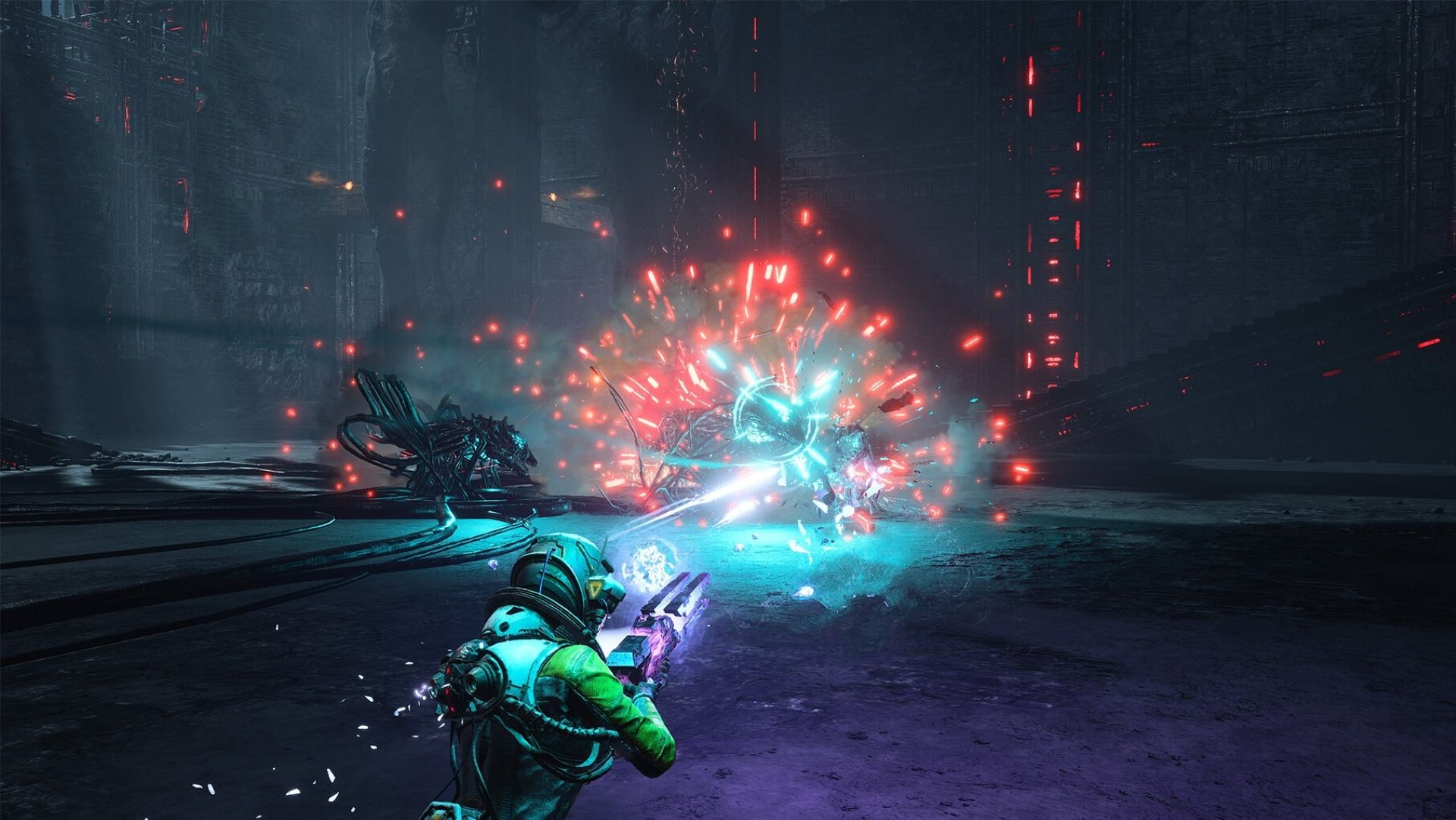Founded in 1991, SummerWorks is sweatier, grittier and less structured than its closest counterpart, the Toronto Fringe Festival.Jae Yang/Supplied
At SummerWorks Performance Festival, nothing is off-limits. You might find yourself army-crawling through the underbelly of a Toronto public school after dark, scrubbing the building’s windows alongside the school’s janitor in a moment of extreme audience participation. The next day, you might end up across town, taking in a staged reading of a play-in-progress, or witnessing the first draft of a dance work as it coalesces into a more polished piece.
Founded in 1991, SummerWorks is sweatier, grittier and less structured than its closest counterpart, the Toronto Fringe Festival. Individual show runtimes are fluid, and programmed artists don’t spend as much energy on word-of-mouth marketing, instead using that time to experiment with their craft. There’s less of an emphasis on finding Canadian theatre’s next big hit – the curated festival is meant to be a playground for artists, with all the messiness such a framing implies – so there’s room for the art to get a little weird.
In my two weeks of SummerWorks-ing, I traversed the city, taking in poetry slams, theatrical workshops and immersive pieces. Here are three projects I hope keep evolving beyond these dog days of summer (and hopefully, in the future, at venues with more reliable air conditioning).
Old Times at Soulpepper is a frustrating, chewy 70 minutes of theatre
Stratford Festival unveils 2026 season, including a remount of Something Rotten!
Le Concierge
Vincent Leblanc-Beaudoin plays school janitor Izo in Le Concierge, which explodes into a mayhem of David Lynch-inspired dance and silent rage.Mathieu Taillardas/Supplied
No matter your age, there’s something nostalgic about spending time in a high school. None of the clocks ever seem to be correct; one of the desk chairs is always missing a tennis ball.
In Le Concierge, cocreated by Daniele Bartolini and Vincent Leblanc-Beaudoin, audiences follow a wordless janitor named Izo through his tasks at a real high school – Saint-Frère-André Catholic Secondary School, on this occasion. (It’s worth nothing that the work is not new: It premiered in Toronto in 2023 and was presented in Ottawa last winter.)
Izo, played by Leblanc-Beaudoin, is deeply haunted by … something. We never learn why the school’s caretaker is so squirrely as he mops and scrubs his way through a science lab, men’s room and chapel. When it becomes apparent to Izo that he’s not alone, his paranoia gives way to psychosis, and Le Concierge explodes into a mayhem of David Lynch-inspired dance and silent rage.
A little pretentious? Yes, at times. But Le Concierge is a thought-provoking, meditative piece that ought to have life beyond this year’s SummerWorks – it’s a wholly original idea that could play well in any city. (The fact that it’s a francophone production is hardly a concern, given 98 per cent of the experience happens in silence.)
But despite the work’s dramaturgical allure, there are accessibility concerns baked into the play’s conceit: To keep up with Izo, audiences must climb a significant number of stairs, squeeze into tight spaces and, during this run, weather some truly scorching heat. (Saint-Frère-André’s air conditioning is essentially non-functional, which on the night I attended, wasn’t helped by Le Concierge’s mandatory, high-vis nylon vests for the audience.)
Meteorological gripes aside, Le Concierge was a standout of this year’s SummerWorks festival – a potent glimpse at the inner life of a high school and its tortured guardian.
The Sankofa Trilogy
d’bi.young anitafrika’s Sankofa Trilogy is a triptych of plays that shines a light on gender, class and power.Enas Satir/Supplied
Audiences might recognize d’bi.young anitafrika from their onstage work in Trey Anthony’s ‘da Kink in My Hair. But anitafrika is a gifted writer in their own right, perhaps best known for their Sankofa Trilogy, a triptych of three plays that shines a light on gender, class and power through a blend of spoken-word poetry, music and more traditional drama.
2025 marks the 20th anniversary of the trilogy, and anitafrika will present a reimagined take on these plays at the Theatre Centre this fall. But at SummerWorks, audiences had the chance to witness anitafrika as they and their cast experimented with the works, tugging at their structures and aesthetics to create something more powerful than a simple collection of scripts.
The August presentation was peak SummerWorks: lots of music stands, not-quite-accurate runtimes and creative sputters. But audiences had a rare opportunity to observe how a play is a living, breathing creature that evolves from one presentation to the next – those who choose to return next month (myself included) will be able to put the trilogy’s final presentation in dialogue with the process of making it. What more could an avid theatregoer want?
The Chains
The Chains, created by Evan Webber, Ame Henderson and Fan Wu, is a rework of the classic Greek tragedy Antigone.Alysha Seriani/Supplied
The Chains was arguably one of SummerWorks’s most taxing experiences this year, a 40-minute personality test disguised as a rework of the classic Greek tragedy Antigone.
But despite the project’s misfires – another mercilessly warm performance space, and a poignant final vignette at odds with the rest of the piece’s chaotic, sardonic framing – The Chains brims with potential.
Indeed, there are wrinkles to iron out in the concept, created by Evan Webber, Ame Henderson and Fan Wu. After audiences complete their quiz, an Antigone-inspired concoction which reads a bit like the English-language portion of the SAT, Webber sorts them into groups based on their answers: Are you Antigone herself? Creon? The Greek chorus?
Soon enough, the audience performs Antigone, sort of, while wearing melty, smelly beeswax masks. Webber facilitates the experience like a train conductor, pointing audiences in different directions, asking them to refer to their quizzes if they’re feeling stuck or confused.
I’d argue the final scene – a burial in which Webber removes himself from a string of second-person commands and inserts himself into the narrative – is worth the faff that precedes it. But there’s undoubtedly a more coherent version of The Chains to be created, one that feels more intuitive and less kitschy. Webber’s insight into Antigone, and the ways that play has stayed relevant at both micro and macro scales for millennia, is worth further exploration (though hopefully in cooler climes).















